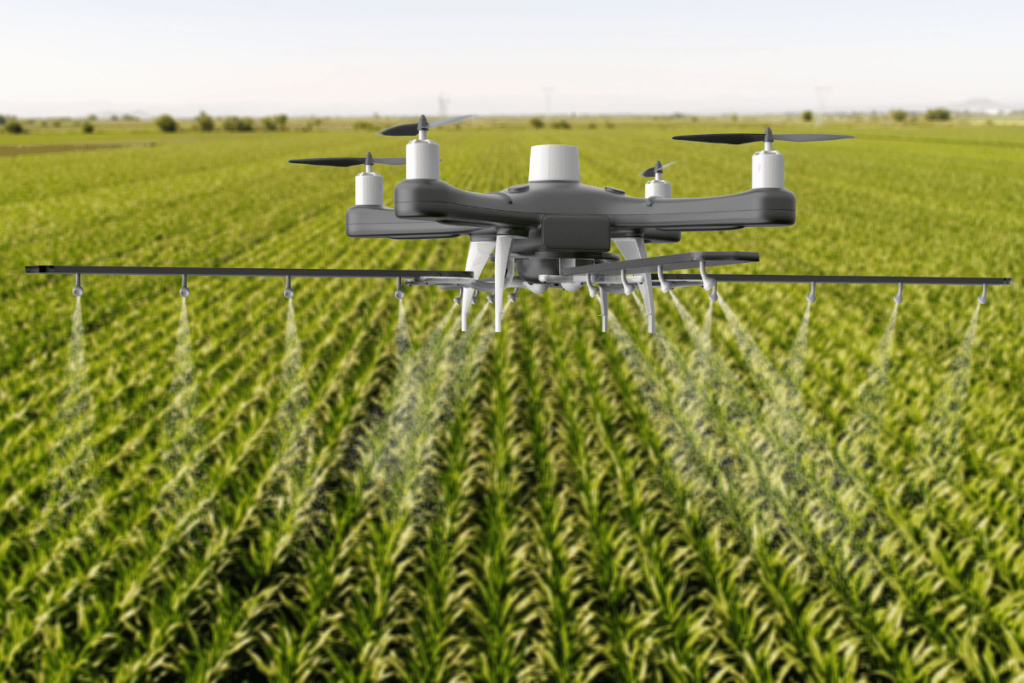Soaring High: The Impact of Drone in Agriculture
The adoption of drone in agriculture practices has been transformative, significantly improving operational efficiency and yield. Drones, with their advanced technology, are redefining farming by enabling precision agriculture, promoting safety, and facilitating data-driven decisions. Let’s explore the varied ways drones are bolstering yield and streamlining agriculture practices.

Drones and Precision Agriculture
Precision agriculture relies on technology for improved accuracy and control in crop growth. Here, drones play an integral role. Equipped with high-resolution imaging capabilities, drones provide invaluable data on crop health, irrigation needs, and fertilization requirements. This allows farmers to make targeted interventions, increasing both efficiency and yield.
Read More:
The Role of Drones in Digital Transformation

Drones: Improving Safety and Efficiency
Drones’ contribution to safety in agriculture practices is equally noteworthy. Consider pesticide spraying, a task traditionally associated with health risks. Drones can now take on this job, reducing human exposure to harmful chemicals. Plus, their ability to cover large areas quickly brings efficiency into the process.
See More:
Massive Spray Drones Are Transforming Agriculture With Win After Win
The Future of Drones in Agriculture
With continuous advancements in drone technology, their role in agriculture is set to grow further. The future might see drones integrated with AI for predictive analytics on potential disease or pest outbreaks, leading to timely interventions. Thus, drones promise to remain at the forefront of agricultural innovation.
In conclusion, drones have initiated a paradigm shift in agriculture practices, proving to be instrumental in enhancing yield. As we continue to innovate and embrace technology in farming, drones’ role will only become more central in our quest for efficient and sustainable food production.
Read More:
UAV Remote Sensing for Smart Agriculture


One Response